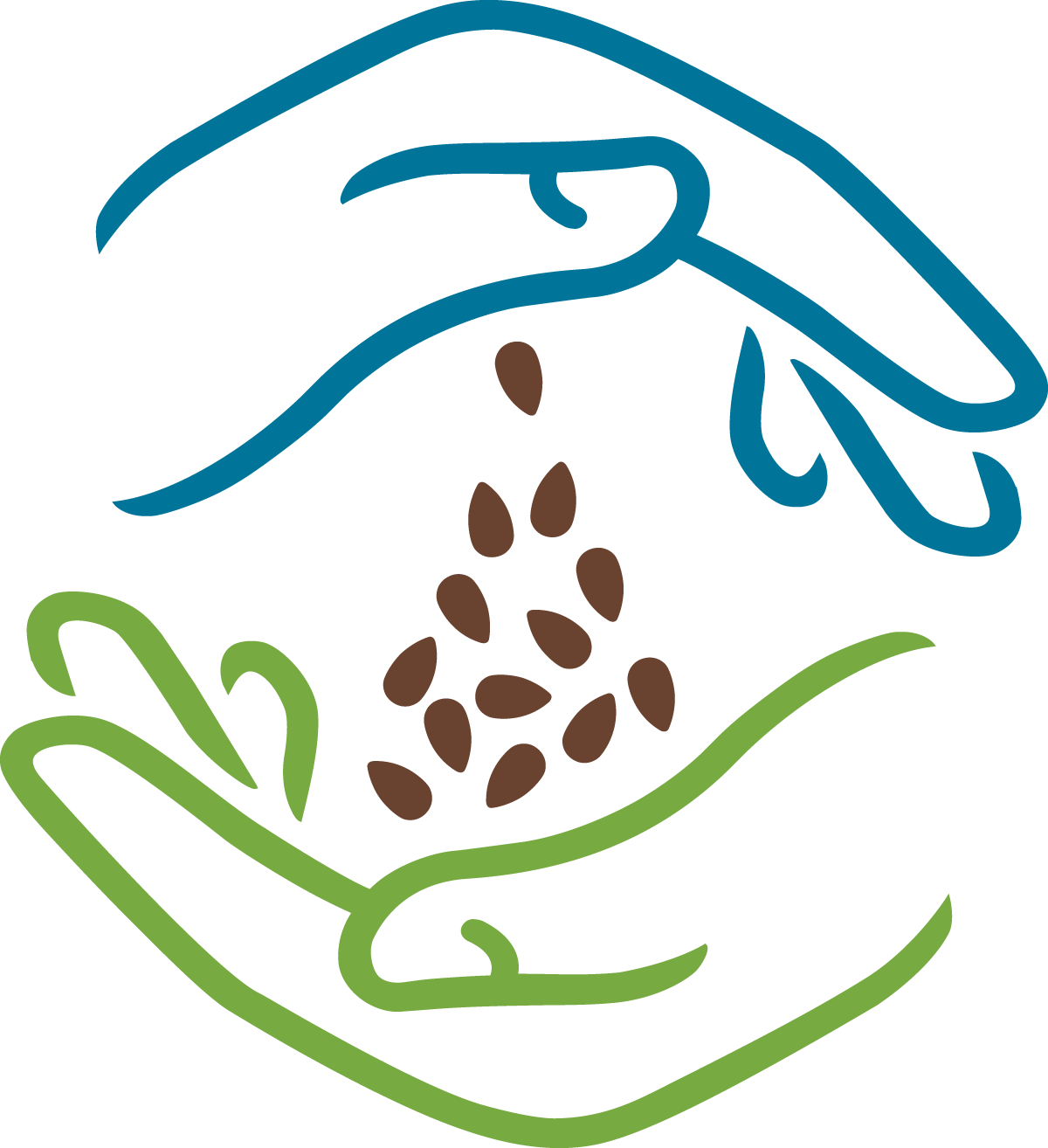Over fifty varieties of tubers offered in the Seed Savers Exchange Yearbook
/20 years of research result in virus-free tubers
Last fall, SSE harvested over 50 varieties of potatoes and they are now available through the Seed Savers Exchange Yearbook and the online Seed Exchange
SSE has been working for over 20 years to be able to distribute tubers that are virus-free.
Potatoes gradually decline in vigor
Home gardeners can save seed potatoes for several generations, but after several years the size of the potatoes begins to decrease.
This is very typical and the gradual decline in plant productivity and health is the result of accumulated viral infections to which potatoes are very susceptible.
In collaboration with University of Wisconsin-Madison researchers, SSE is working to eradicate viruses from heritage potatoes in order to safely preserve potato genetic diversity and to offer high quality seed potatoes to members.
Potato lines are reinvigorated
Potato lines can be reinvigorated using tissue culture: plants are grown in a climate controlled, sterile environment (SSE uses test tubes).
Test tube plants can be kept free of viruses for much longer than a commercial seed potato. SSE replants tubers from a prior harvest to produce the next year’s distributable seed potato.
The Preservation staff only replants tubers for a maximum of three generations before restarting from virus free tissue cultures, compared to up to seven generations in commercial seed production systems.
Protection for the collection
Our test tube collection does not need to be planted in the field every year where it would be susceptible to inclement weather, natural disasters, crop-ending diseases, and pests. This means that the preservation of a tissue culture collection is more secure than a collection of tubers alone.
Varieties Available
To order your seed potatoes, go to the online Seed Exchange.
2016 requests are due by April 3rd.
Seed Savers Exchange is a non-profit organization located in Decorah, Iowa, with a mission to conserve and promote America's culturally diverse but endangered garden and food crop heritage for future generations by collecting, growing, and sharing heirloom seeds and plants.
















